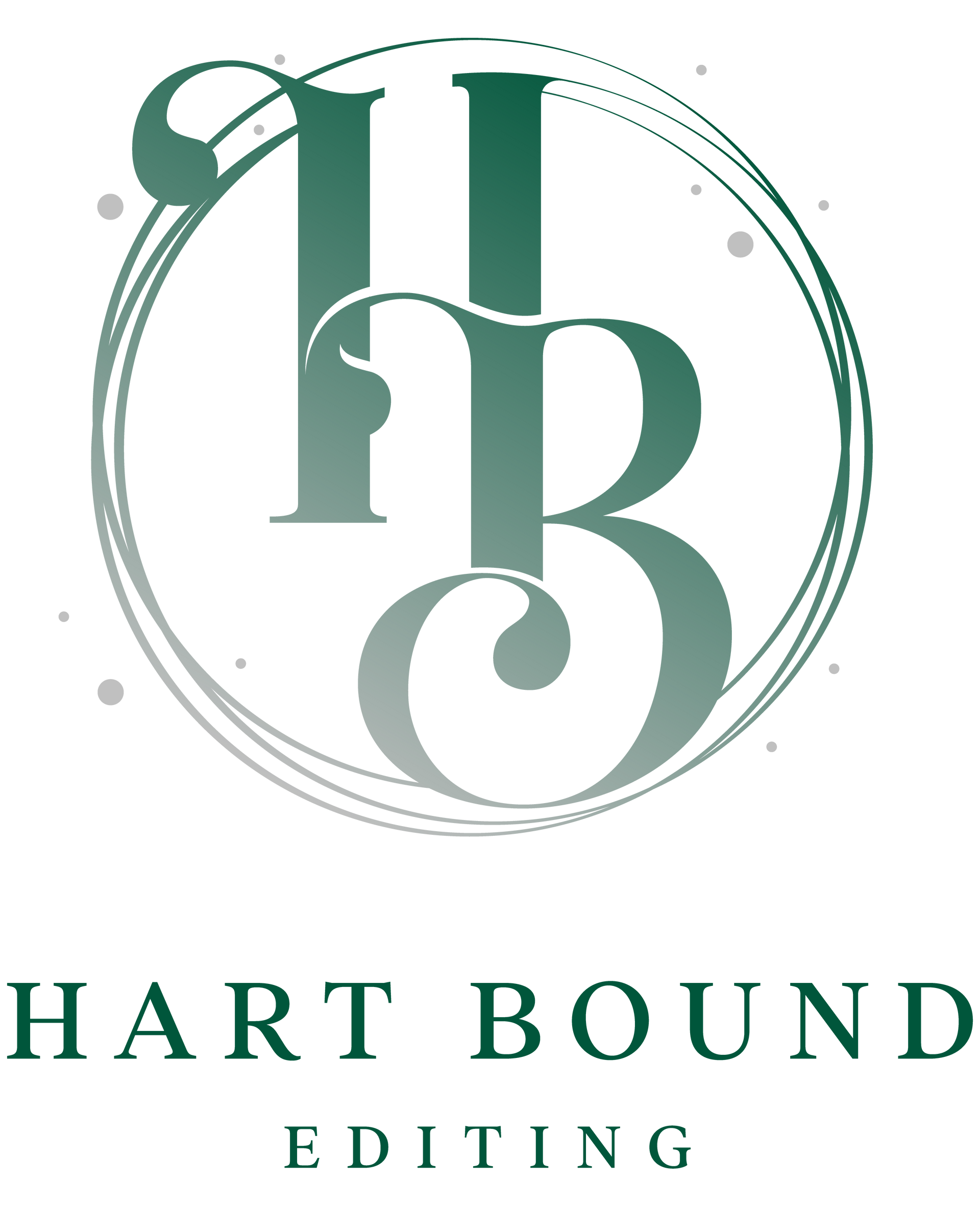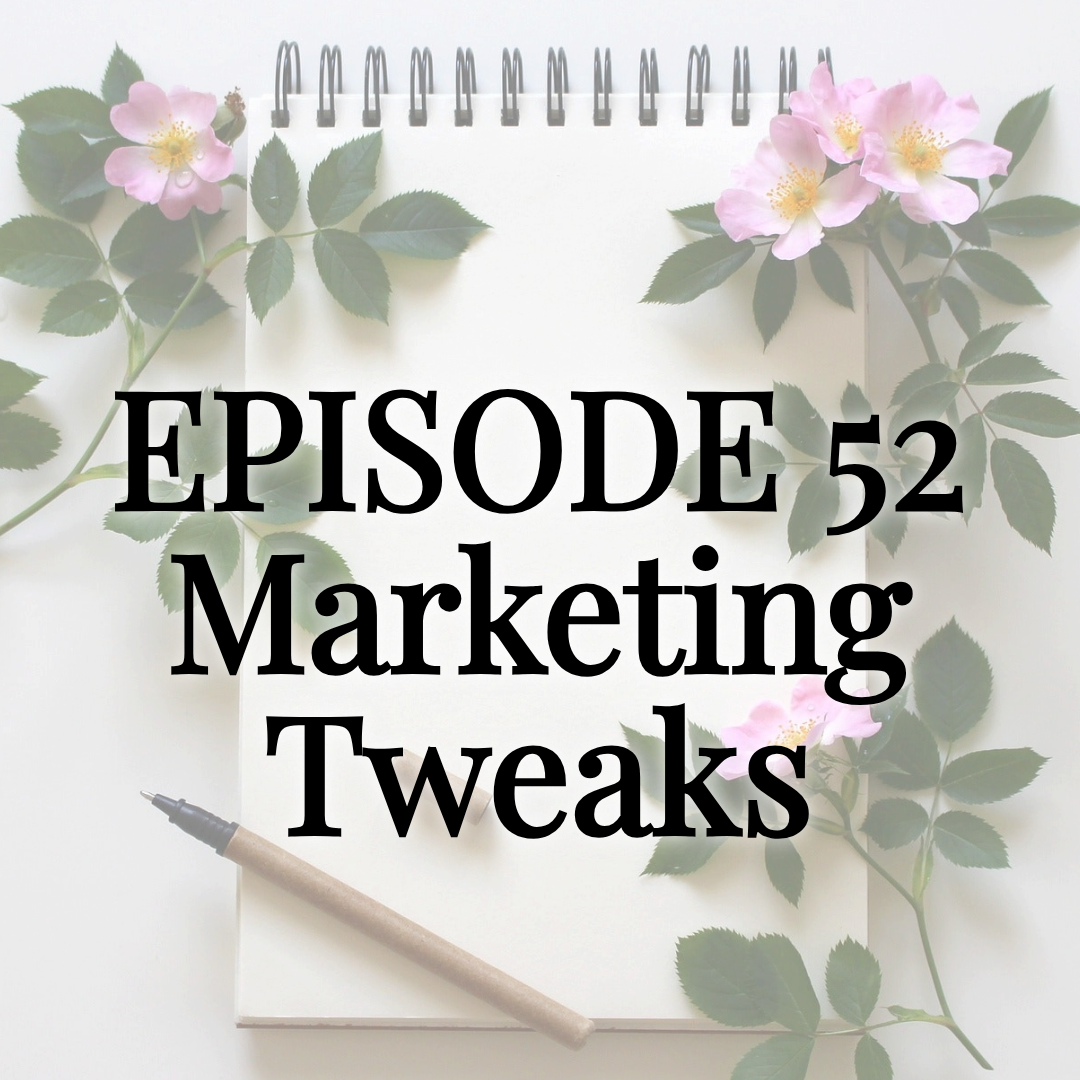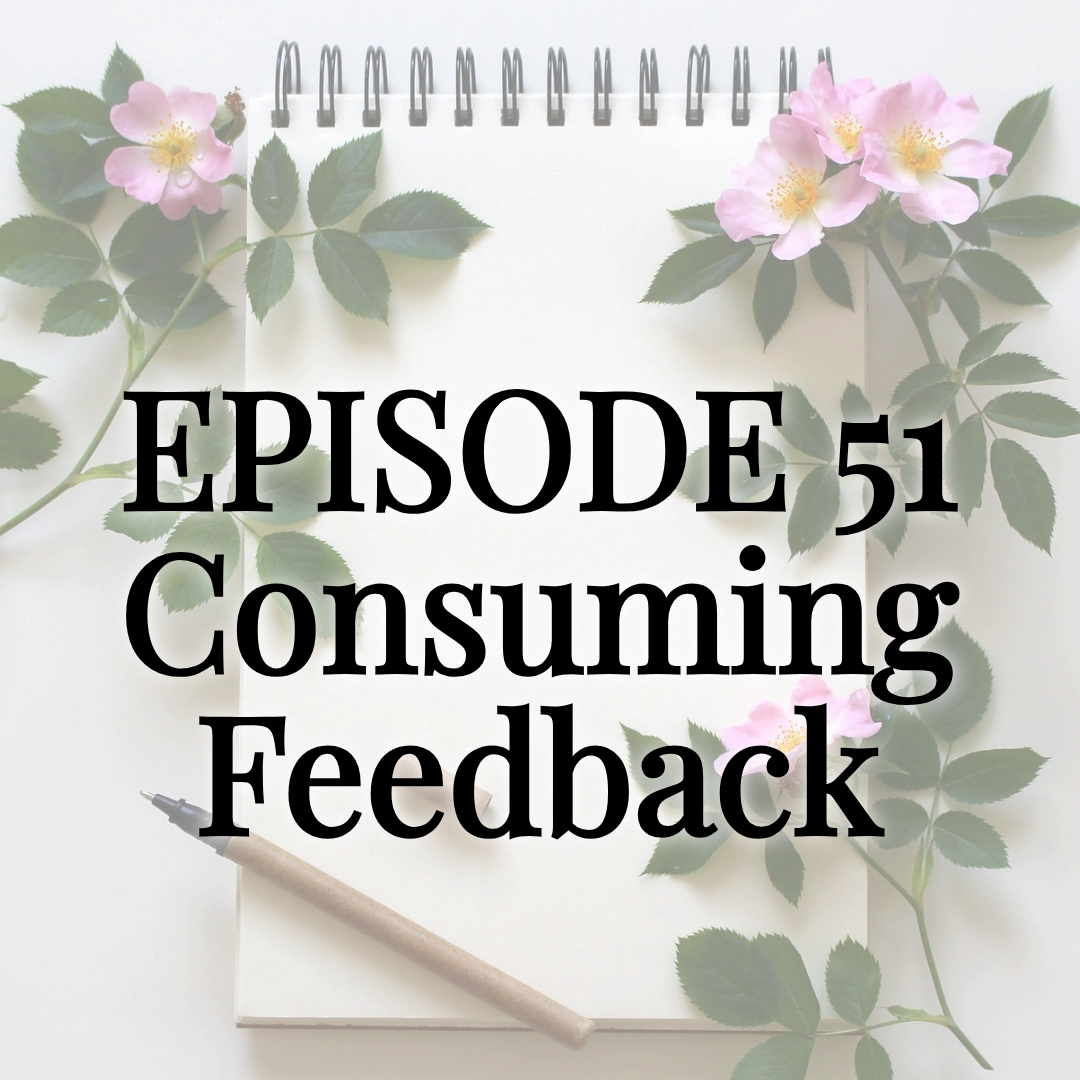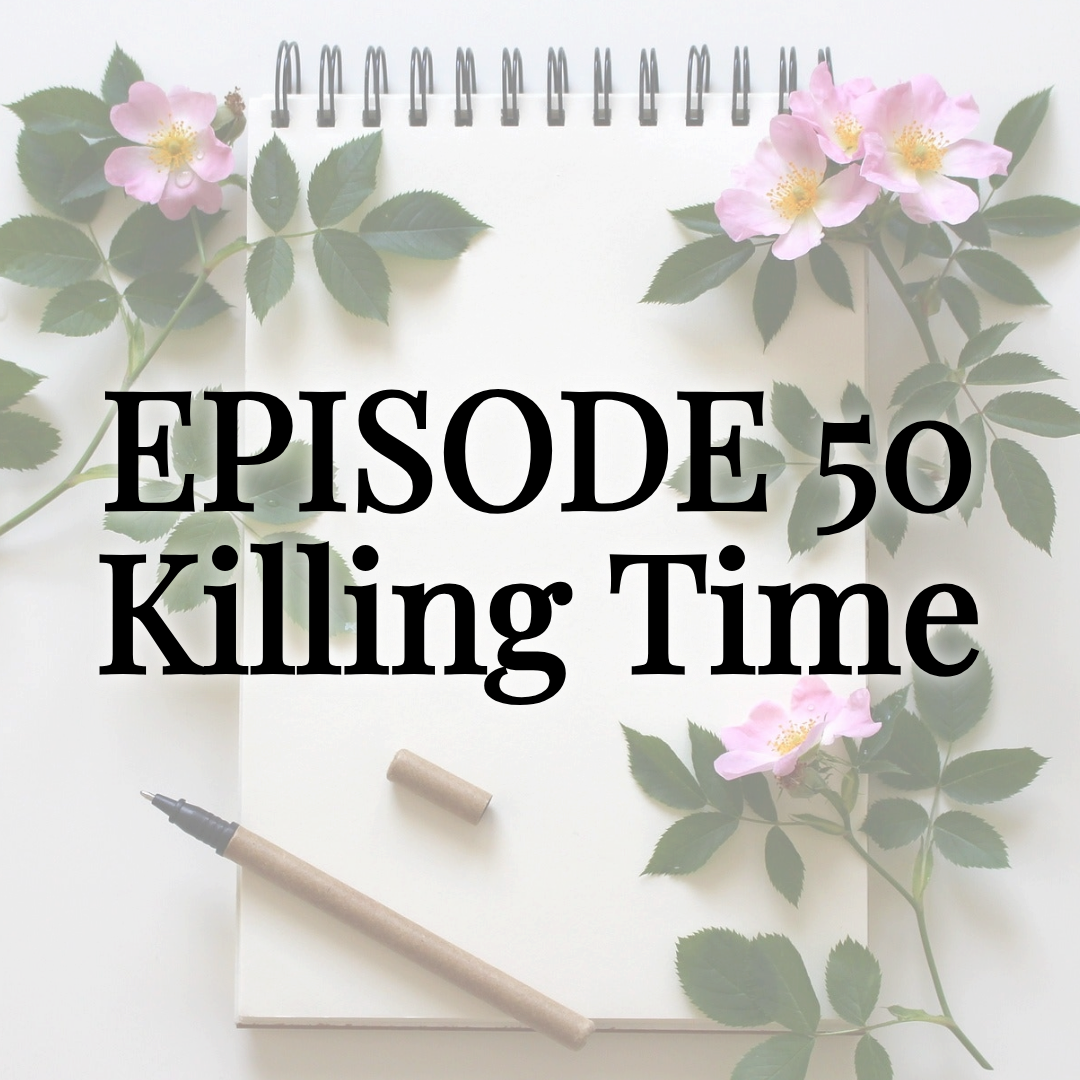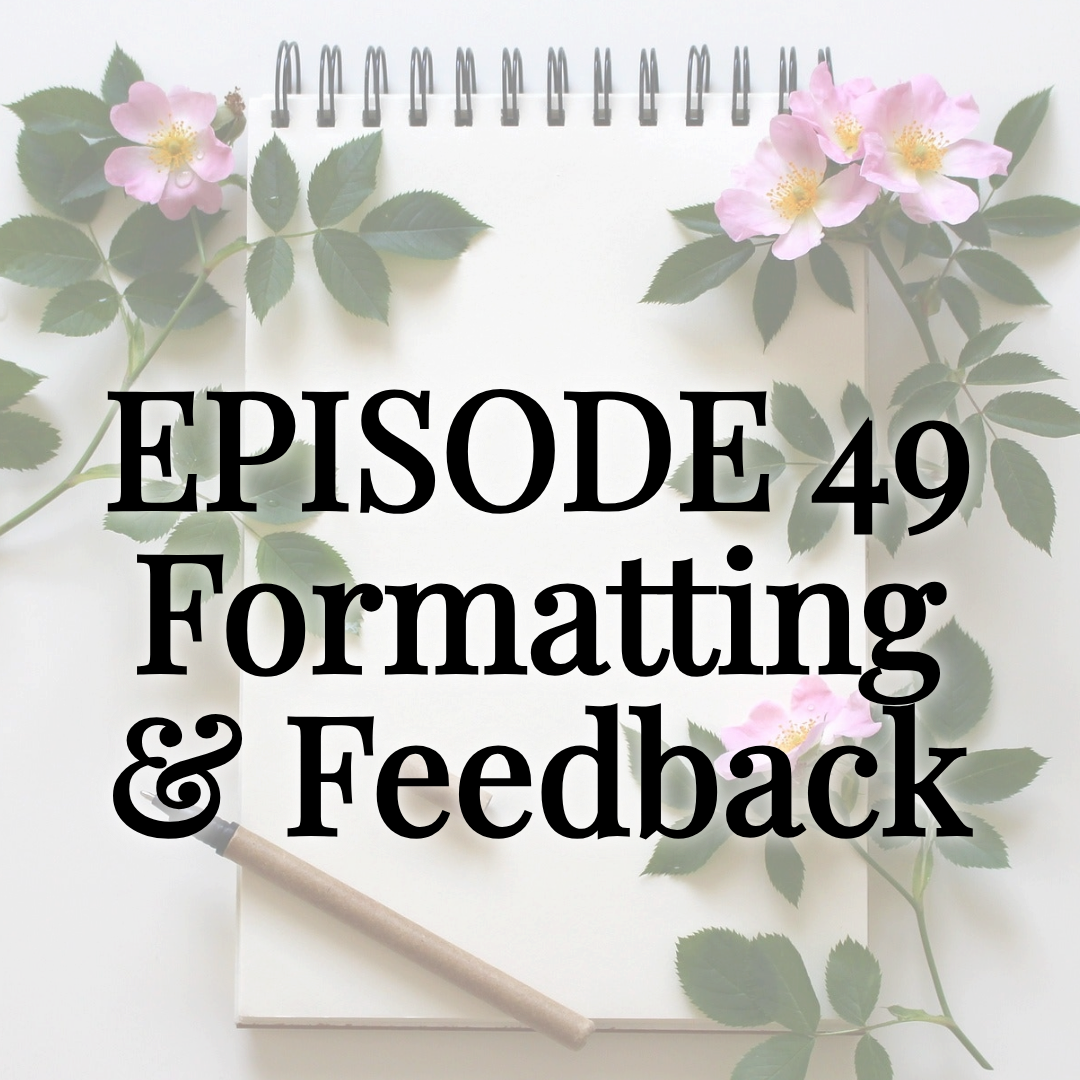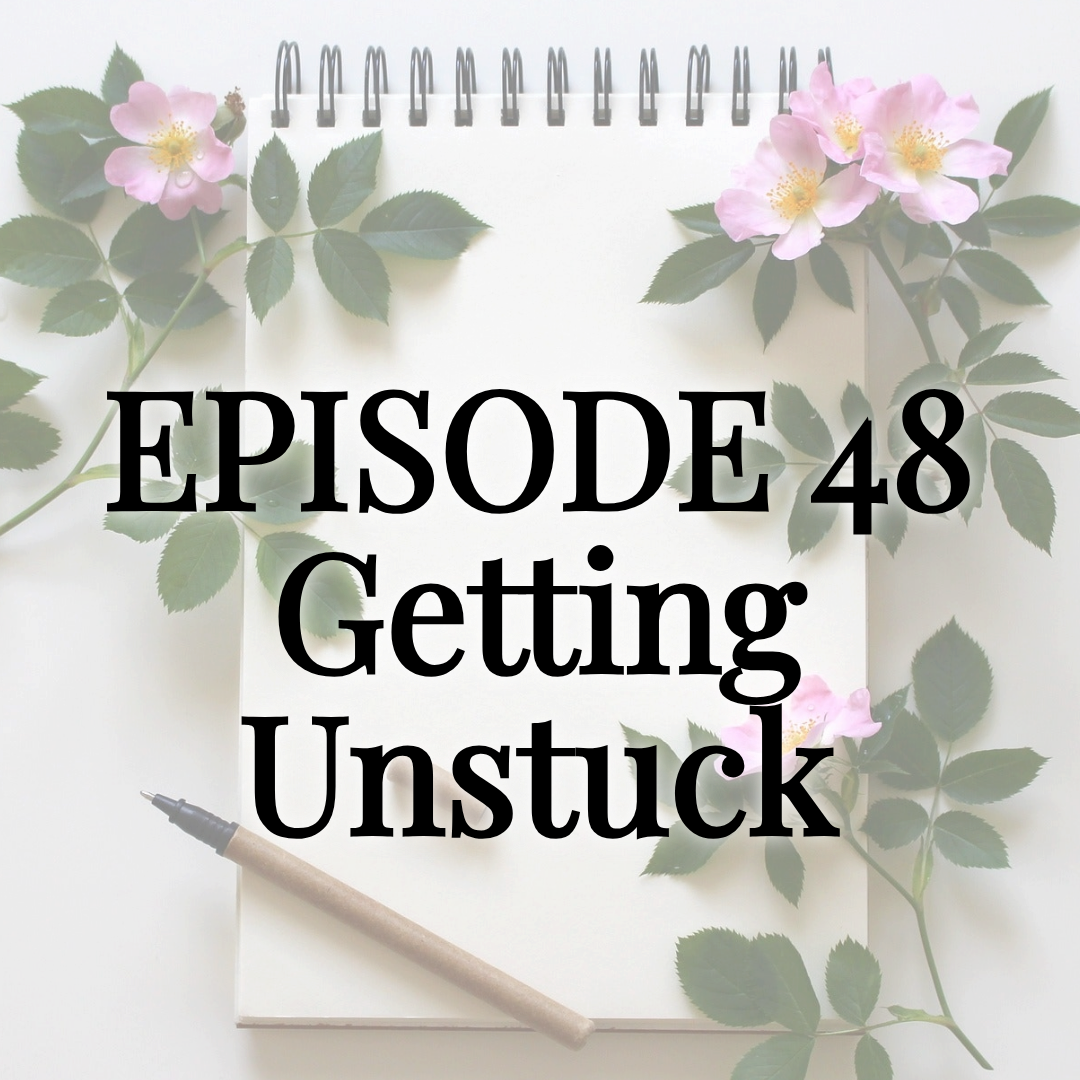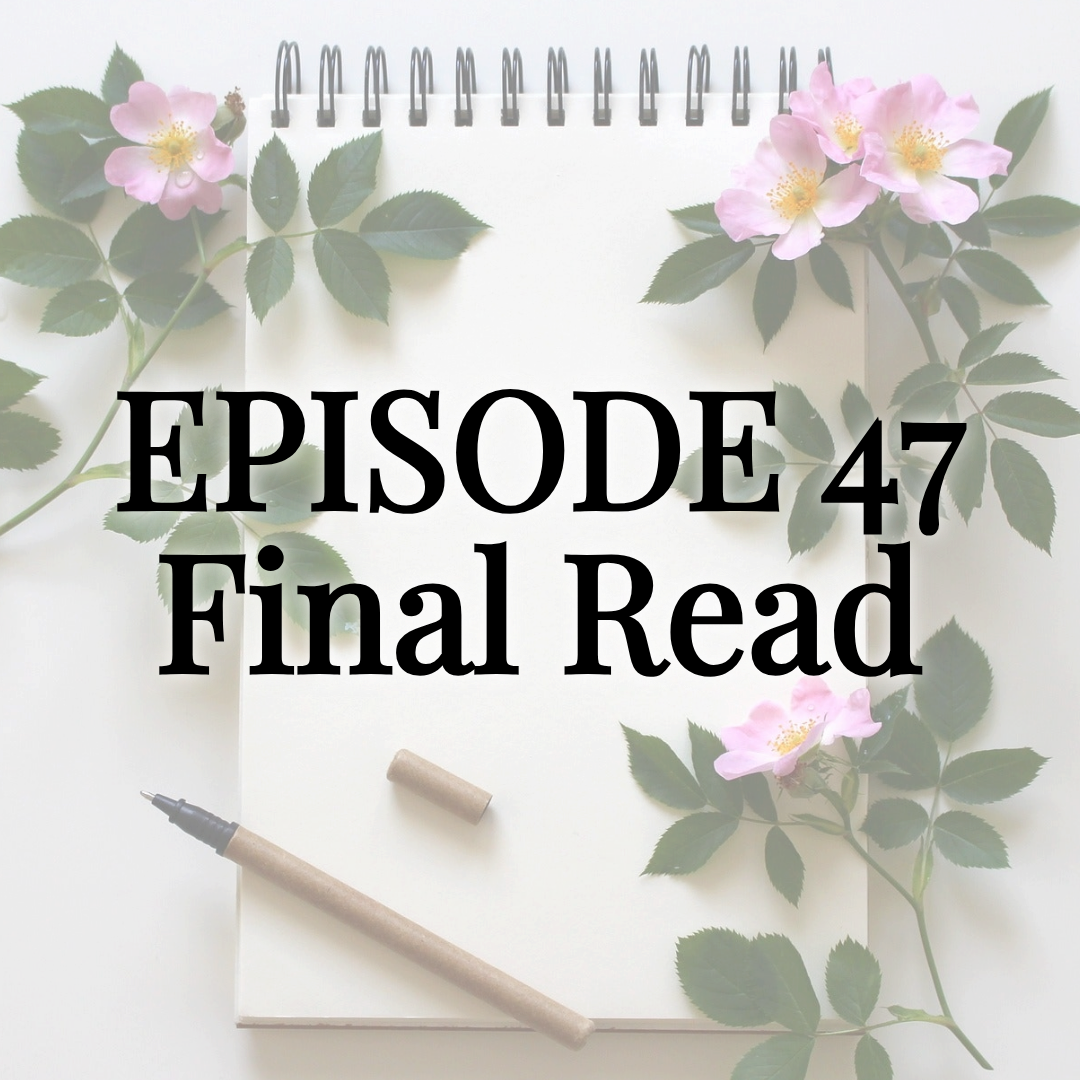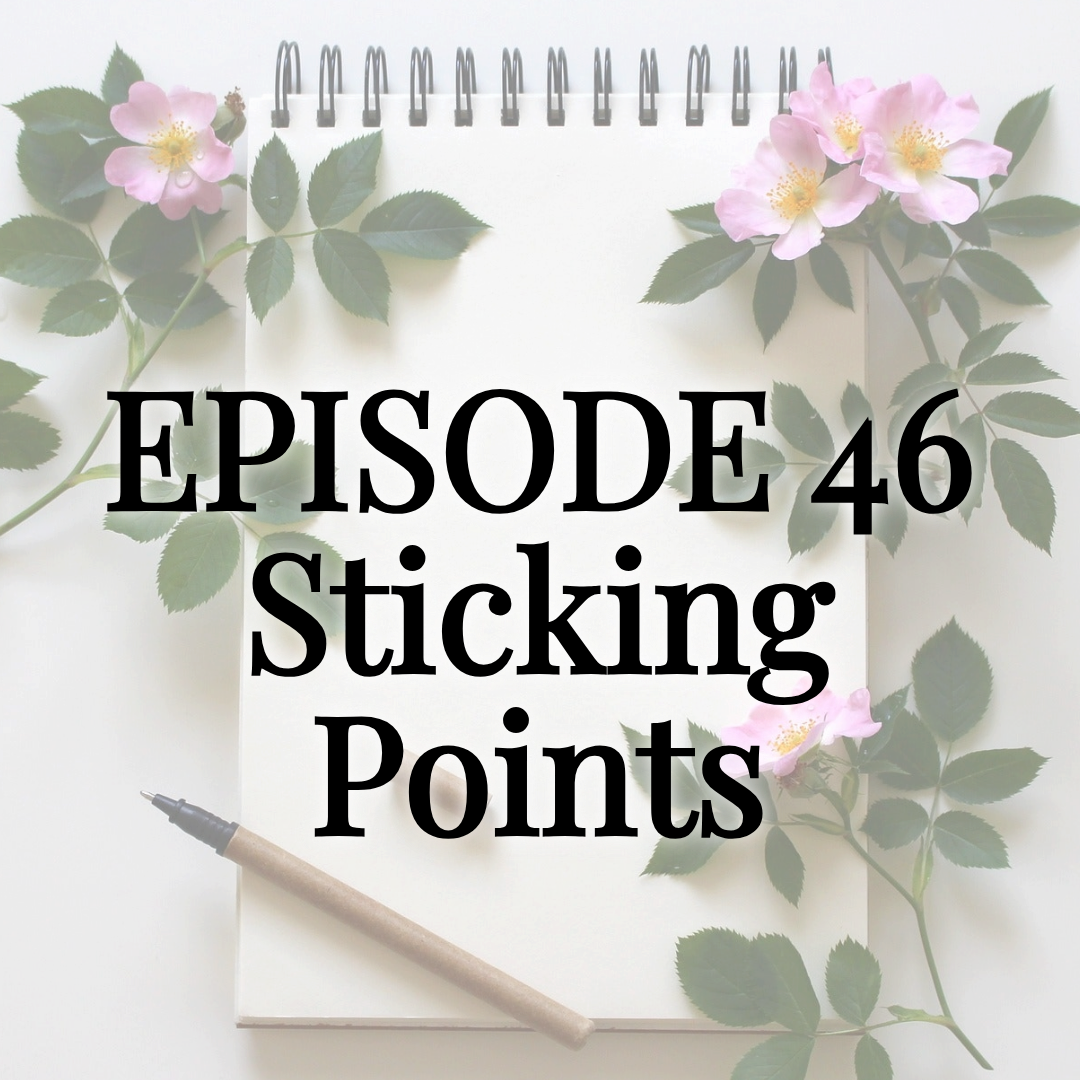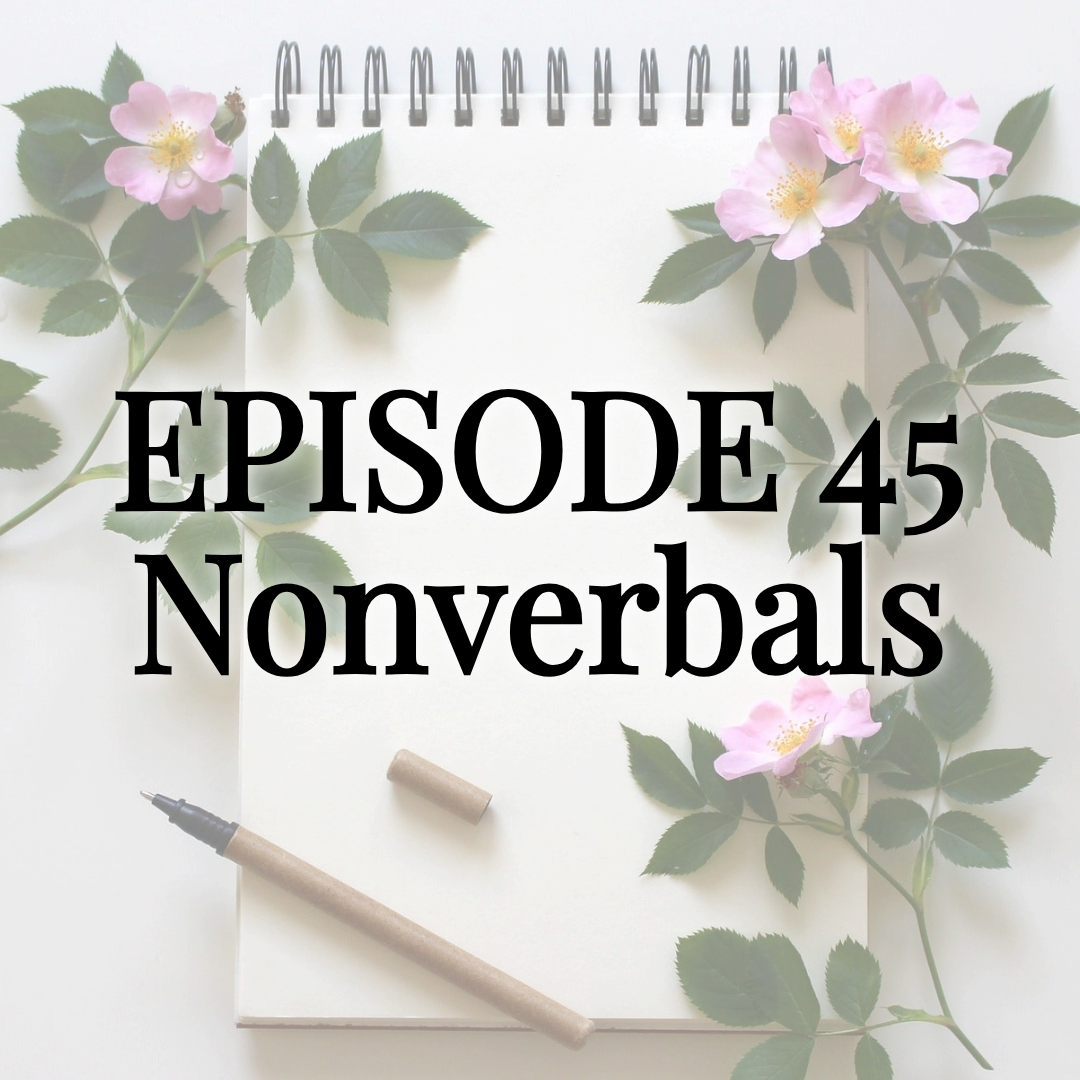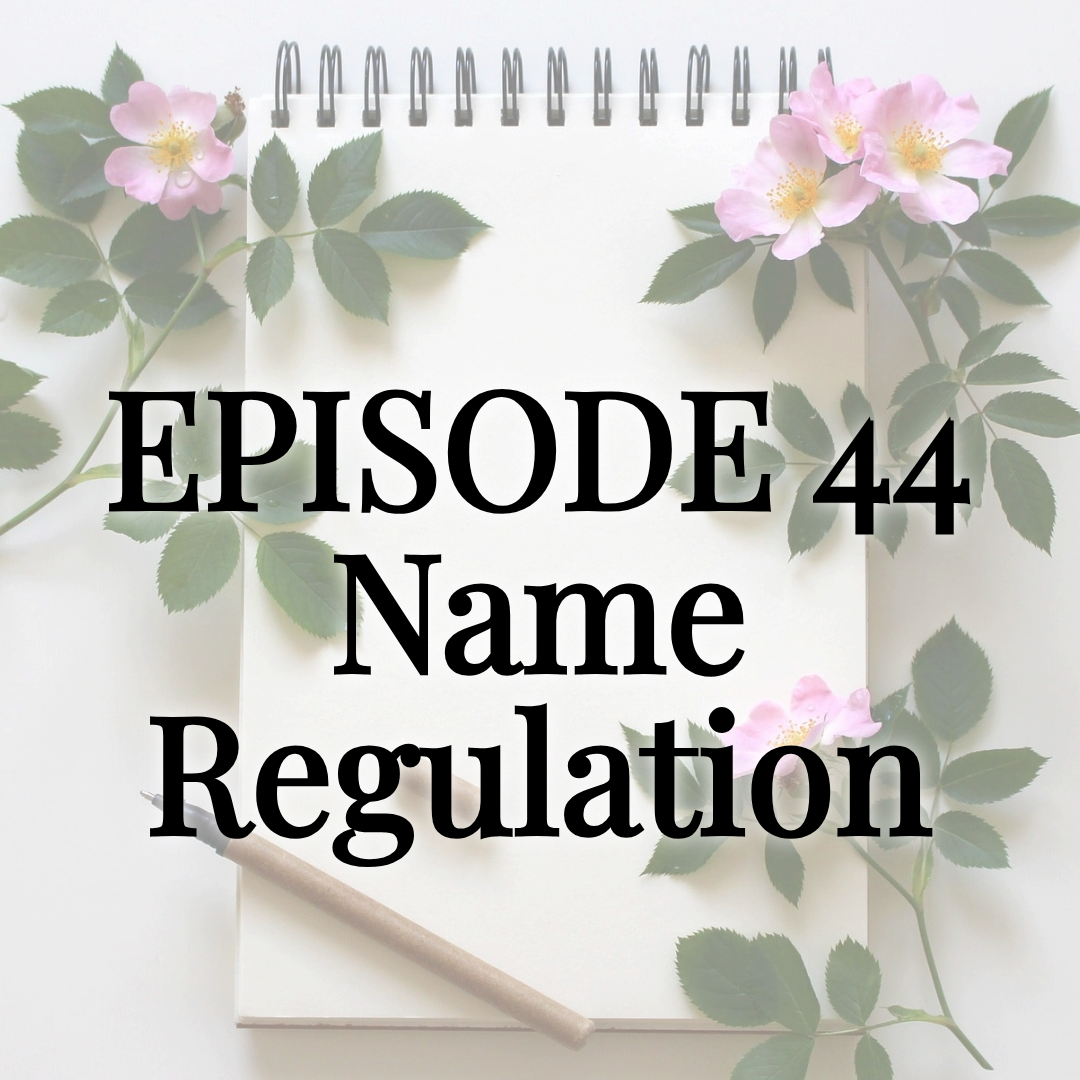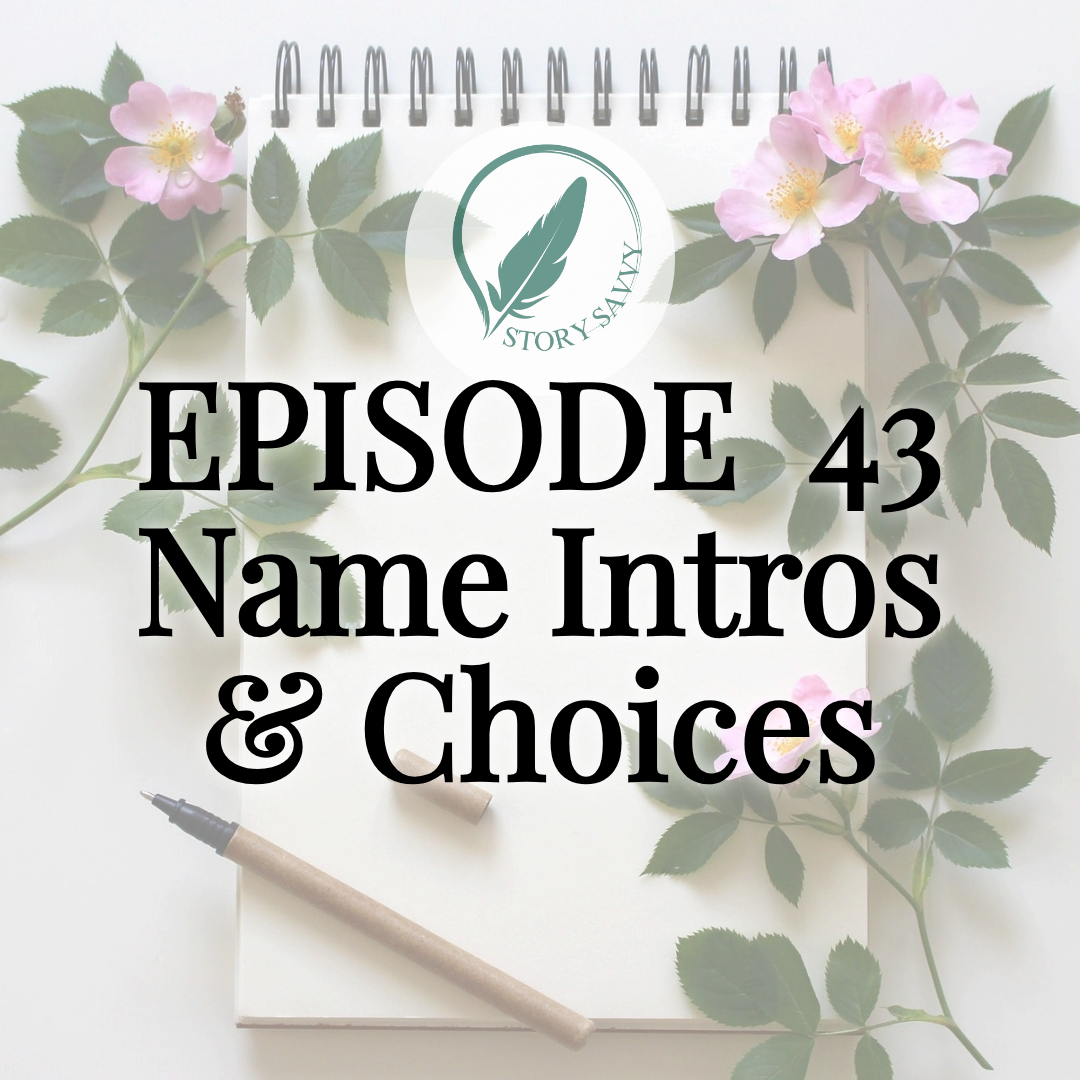Using Your Genre: Story Savvy Self-Editing 3
Using Your Genre: After-episode thoughts, overview, and transcript...
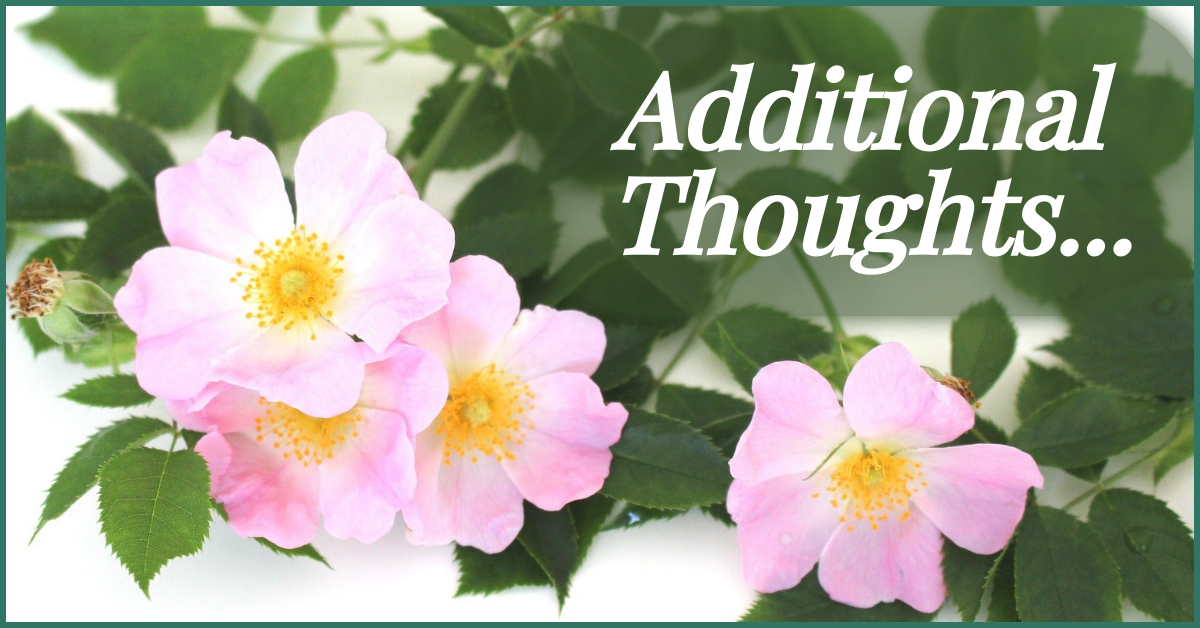
I had quite a few further points I wanted to share after recording this episode, so here's some of them!
-How can you tell the difference between cliche and convention? Here's an expanded version of the answer I gave in the podcast. For all of this, remember that the baseline for either is that it is something you see it in a majority or ALL of the books you research in your genre, also known as comp titles.
If the emotional landscape (ups and downs, see episode 13) of the whole story would feel really off with it, or if reviews complain about it missing when an author left it out, then it’s likely a requirement or obligatory element.
If it doesn’t meet that test, but strongly changes what the flavor of the story would be without it, then it’s likely a trope or convention.
If it catches your attention as a cool thing but doesn’t really change the story in any way, then it’s probably a more surface-level genre expectation that you can, by all means, take note of if you like it, but it won’t make-or-break the story if you leave it out.
Lastly, if it makes you cringe or roll your eyes (or if many reviewers mention doing so), then it could be any of the above *handled in a poor or cliche manner*. The trick as a skilled writer, or one working on building those skills, is to take the framework of the requirement or obligatory element, such as the First Kiss beat in romance, and flesh it out in a unique or innovative way. As one of my mentors says, the goal is "surprising but inevitable”. Does the first kiss happen literally, or does he kiss her hand? Does it happen upside down? Unexpectedly? Through glass? Do the lovers feel weird or excited about it for an unusual reason? Does the lipstick left behind cause something big to happen just after? Play with it, and especially around the obligatory moments/characters/elements in any genre or subgenre, when in doubt never use your first, second, or third idea. The fourth idea and on are far more likely to be original or at least fresher.
-Another reason to really research what's being done in your genre is to know what's being OVER done in your genre, especially in books that have released in the last 1-3 years. Again, what's something NEW you could bring to the table in your subgenres? What's something old you haven't seen in recent books you think deserves to be revitalized? That can really help set your book apart and garner fans.
-I also want to take a moment to acknowledge and validate “cookie-cutter” or formulaic genres and books within them. You actually HAVE to be cookie-cutter to some extent to satisfy genre readers, especially in romance, but that's not necessarily a bad thing! Think of your favorite food. Do you love fettuccine alfredo? Well, chances are you keep cooking or ordering it over and over again, maybe with slightly different toppings, because you know you like that specific set of ingredients, in that form, and know that's what you'll get when a dish calls itself fettuccine alfredo. It's the same with genre. It is both anecdotally and statistically supported that the most voracious genre readers will not only happily read "yet-another-cookie-cutter romance/fantacy/thriller", but that they are actively looking for that established and predictable set of ingredients in a specific form because they know they like it. How you become great in a genre is figuring out how to build something fresh on the established skeleton of genre, but remembering that you are making fettuccine alfredo, or whatever food you want to view the core requirement of your genre as, will keep you on track for when it's time to convince someone to order it.
-When answering the question about the requirements about Agnes's specific niche, middle-grade dragon fantasy, I failed to address one key point: She hadn’t told me what her primary content genre is, so I wasn't able to give her the really meaty answers I wish I had. Instead, I listed a few tropes or conventions, not even necessarily requirements, of her setting genre of fantasy, branching off her core chosen trope of dragons.
The requirements you should be caring about must be based around your content genre more than your setting genre, which is why we did a full episode just on choosing yours. For example, we know that the requirements of Agnes’s setting subgenre is 1) It’s fantasy, so it has magic. 2) It’s high fantasy, so it’s built in it’s own unique world. And 3) it’s dragon fantasy, so it has dragons.
However, those aren’t going to play a role in whether the story works or not nearly as much as the requirements for her primary content genre. I have since asked her, and we’ve decided it’s likely Middle Grade Action/Adventure, so here are some of the things I’d list for her know that: 1) The protagonist should be between the ages of 8 and 14. 2) They must have a strong and meaningful task, goal, or quest which can and will be clearly failed or won. 3) It should at least loosely follow the Heroic Journey global story skeleton. 4) There must be danger and fears for the protagonist to overcome. And 5), there must be an antagonist character who opposes, targets, or otherwise makes things harder for the protagonist.
Action/Adventure is my other go-to genre in reading, editing, and writing, so I could list requirements, obligatory elements, and tropes/conventions for pages, but hopefully this gives you at least an idea of how important your content genre’s requirements are to making sure your story will satisfy your desired readers, and the core difference between those and setting genre considerations.
-The idea of "writing to market" is inevitably going to come up around this topic of knowing your genre requirements, so I'd like to address that a little further. Don’t look at “balancing” ‘writing to market’ like a diet, where you have to scrap anything you love to do so. Instead, look at it more like cooking: you know what flavors you like, and what flavors your friends like, so you are going to toss a bunch of both in and run with it, using your genre requirements as a base recipe, like I talked about for fettuccine alfredo. If there’s something you are allergic to which your friends love, then obviously you’re going to leave that out. And if your LOVES something you aren't sure you want to include in something you are making for them, (lets say a lack of an HEA or HFN at the end of a romance), then you obviously aren’t going to leave that out.
The requirements of a genre are what make that dish recognizably what it is. Pasta, butter, cream, and cheese. If you don’t use the staple elements, then you won’t satisfy readers who want the genre you are claiming your book is. But you can absolutely play with texture and flavors within those bounds to your heart’s content. Garlic, spices, bacon, chicken, herbs!
Naming what your dish is is genre choice. Making something others will love eating it is meeting your genre expectations. Doing something fun and unique with it is writing for yourself.
Lastly, I talked in this episode about getting your emotional rises and falls delivering the right landscape, even if you do so in a way outside your genre conventions. Episode 13: Pacing—Rises & Falls might be very helpful in approaching or understanding that!
I hope that all adds helpful context to the episode, whether you've listened to it multiple times, or are about to for the first time!
Episode 3 Overview:
Using Your Genre
“Am I hitting my genre requirements and tropes around characters, world/setting, and plot?”
In Episode 3, you'll find advice from a developmental editor on what makes a story work and self-editing ideas to meet genre requirements effectively. Join Rebecca, founder of Hart Bound Editing, and Agnes Wolfe, host of Authors’ Alcove, as they discuss how to turn your good story into a great one.
This episode explores:
- How to balance writing advice for fantasy with genre-specific creativity.
- Avoiding clichés while keeping readers engaged.
- Practical self-editing ideas to improve your story.
Rebecca and Agnes discuss how genre conventions shape story structure, tone, and audience engagement. They offer practical self-editing tips to ensure your manuscript delivers on its promise to readers. Learn how to navigate audience expectations, innovate within your genre, and avoid common mistakes that derail stories.
Rebecca’s Recommended Resources:
- Romance Genre Requirements: Recommended “cheater” resource for romance story obligatory elements: [https://a.co/d/6SyGX2I]
- Action Genre Requirements: Recommended “cheater” resource for action/Adventure story obligatory elements: [https://store.storygrid.com/action-masterclass-discount?fbc_id=23851539322220718&h_ad_id=23851539753050718]
- My recommended “cheater” resource for Romance story requirements and obligatory elements: [https://a.co/d/6SyGX2I]
- My recommended “cheater” resource for Action Adventure story requirements and obligatory elements: [https://store.storygrid.com/action-masterclass-discount?fbc_id=23851539322220718&h_ad_id=23851539753050718]
Have questions or comments about writing fantasy or self-editing your work? Let us know below, and we’ll address them in future episodes. Don’t forget to like and subscribe on YouTube or Spotify for weekly insights on improving your craft!
See you next week for episode 4:
The Heart of Your Story
Episode 3 Transcript:
Self-Editing Using Your Genre
Rebecca Hartwell: Hello and welcome to the Hart bound editing podcast! This is episode 3 of the weekly Story Savvy series where we tackle the 52 biggest self-editing topics and tips to help you make your good story great as an aspiring author asks me, a developmental editor, all the questions you’ve wanted to.
Agnes Wolfe: Hi! My name is Agnes Wolf, an aspiring fantasy author who hopes to release her first middle-grade fantasy later this year and I am also host and founder of Authors’ Alcove.
I’m so excited to dive into what to do with your genre choice once you have made it, including meeting reader expectations, researching what’s expected, and when cliché is okay. By the end of this episode, you’ll hopefully feel confident in using your genre choices in the drafting and editing process, making sure your story will satisfy your genre readers.
Rebecca: So, how are you feeling about your genre choices for your book?
Agnes: I'm feeling pretty good, except now that I know what the genre is, what do I do with that information? How can knowing your genre help during the editing process, which I'm working on right now?
Rebecca: Knowing what needs to be delivered around your genre promise is vital to all genre fiction. It doesn't matter if you're writing romance, or action, or, you know, kids' books, anything like that. Knowing what your genre expects and what has been built into those expectations and those labels is vital to satisfying your readers. If your goal is career-oriented or reader-oriented, then having success in those arenas is vital to using your genre and doing so both in a way that fits what's expected and innovates on that. If you're writing for yourself, as I mentioned in last week's episode, this does not matter. You can do whatever makes you happy because you are your only reader and what you want to read and write is your only genre promise. But if you want to write to a larger audience, then hitting the right tropes and requirements is absolutely important.
Agnes: So, I feel like conventions and tropes are often confused with one another because I've learned that they're different. So, tell me if you agree. I have heard conventions are requirements of your genre, and tropes are what's commonly found in a genre.
Rebecca: This is a great question, and this is definitely somewhere where the language around the topic can get very, very murky. So, the way that I try to talk about it is that you have tropes, which, like you said, are optional things that you can put into a book. For example, you could have a dragon trope in fantasy, but it can be fantasy without a dragon trope. You can have a “there's-only-one-bed” trope in romance, but it's still a romance and works fine if you don't have that trope. So, tropes are sort of the major flavor points within your subgenre choices.
Conventions are things that are often seen. So, in fantasy, especially in high fantasy, which we've established is what you're writing, a convention is that it is in a medieval-style world. But it doesn't have to be there. It's something that is often seen, but not—it's not going to ruin the genre if you choose not to use it.
Now moving on from that—and what I'm mostly going to be talking about today—is requirements of the genre, which is things like fantasy has magic, romance has a happily ever after. As well as obligatory elements, and that's basically just a more specific way of talking about these requirements. So, an obligatory character in fantasy and most action-related genres is you have a mentor figure. An obligatory moment in romance is there has to be a first kiss.
So that's mostly what I'm going to be focusing on today, because things like tropes and conventions are very much up to your creative interests and what you're wanting to do with the story, whereas requirements and obligatory moments or characters or... I don't even know, just setting things, are built into the genre to the point where if you leave them out, you're not going to satisfy your genre readers.
Agnes: So, once I've decided what my genre and subgenre is, how do I know what I need to deliver to satisfy those requirements and expectations? For example, what do middle-grader fantasy readers expect? What are the conventions for middle-grade fantasy readers?
Rebecca: So, I'm going to answer this a little bit more broadly first for any of our listeners who are outside of middle-grade fantasy.
And the answer is research. It really, really is. And obviously, the advice of "If you want to write, you have to read broadly," is ubiquitous at this point if you've done any research. But I want to recommend that you read as a researcher more than just, "Hey, I'm reading to read." And you can do this however works best for you.
Have a notebook next to you. I use spreadsheets because I'm a spreadsheet kind of person. But as you're reading through, just start noticing specifically what commonalities there are between, let's say, three to seven books in your genre that you're like, "Yes, that looks very similar to what I want to write, to what I want to present to the world."
When you're reading them, just write down anything that comes up in your head of, "Oh, that other book also had a moment of, let's say, the FMC—the female main character—runs into someone that she used to know, and they make her feel bad." Or, you know, talking about a little more, perhaps, understood or widely known, obligatory moments would be like, "Okay, well, all the romance books that I read have a breakup around the midpoint." And, "All of the romance books that I read have some reason that the main characters feel like they'll never be in love again, and oh, they could never fall in love, and then they do." So, everything that you can think of like that, that you see across all of these different books in your genre should go on your list.
And once you have this list—ideally, again, spreadsheets are nice for this—you can mark like, "Okay, well, not every book has this, but three out of five do," or, "Two out of seven had this." And when you go through, the tropes or the moments, the characters, whatever you want to call it, that occur in all or nearly all books should be considered your genre expectations. And you should be doing everything that you can to meet those expectations in your way, in your specific way, however you want to approach them in your work, in order to satisfy those readers. Does that answer your question?
Agnes: Yeah. So, like, more specifically, what about middle-grade fantasy dragon books?
Rebecca: So, I'm going to tell you, you need to go do this research yourself. But for coming from me right off the top of my head, some of the requirements would be, let's see.. The dragons—there should be different varieties of dragons. That's one of the things that I see all the time. There's almost always some connection—be that like magic or telekinesis or mind reading—between a human and a dragon. There's some sort of bond there. And there has to be some sense of either rarity or otherness with the dragons. That's another trope that I often see. So, either, "Oh, well, they were thought to be extinct, but now there's one left." Or, "Well, they are these elder God kind of beings, and they see us lowly humans as dirt under their feet." So that sort of connection to then be gapped—sorry, bridged—by that connection with the human, and that's what makes the story special.
Agnes: So, it sounds like, even though I wasn't really 100% sure that I had– check, check, check. So apparently, it's pretty intuitive as long as you're a big reader of that particular genre/subgenre.
Rebecca: Absolutely. And that's why you don't really need to do this research before you draft, especially if you're a heavy reader in the genre. And it's really fun to go through and be like, "Oh, well, I did hit that convention without even noticing it." "Oh, I did totally hit that requirement. I didn't even realize it."
And I want to really stress that you can interpret things pretty loosely. So especially in romance, I see people thinking that it's so very, very formulaic, and some of it is, absolutely. But you don't have to do a moment or a character or an event the exact same way that anyone else did. You just have to hit that sort of emotional moment.
So, the mentor doesn't have to be a Gandalf type, because that is kind of overdone at this point.
Your mentor could be the main character's niece. As long as she is fulfilling that sort of emotional role in the story, it counts.
So, when you're making your list of conventions or requirements or tropes or whatever in your genre, and then trying to check and make sure that you have these things in your story—especially in the self-editing phase—please, please feel free to stretch those definitions. Please feel free to go, "Okay, well, I guess that kind of counts." And then see if, you know, there's a couple of sentences where you could tweak it to just be a little bit more dead-on for that emotional impact.
But yeah, having read your genre, you're going to know some of them without even thinking about it. And they're already going to be there, and you're just not going to have to worry about it.
Agnes: So, I'm not sure if you've already answered this, but how can we test whether our book meets the expectations of its genre?
Rebecca: So, I have already mentioned doing research, and reading widely, and making those lists. The other really important part of this is getting feedback. And specifically, getting feedback from people who know your genre. It's amazing how often I see people getting feedback from readers who have never read their genre, or from editors who don't specialize in their genre. And sure, they can catch typos, they can tell you when a character's dialogue is off, they can catch that sort of line-level or copy-level issues. But if you want to match your genre expectations, you have to make sure that your alpha readers, your beta readers, your critique partners, your developmental editors, whoever you're working with, knows your genre well enough to be able to give you feedback on the genre requirements. So, if you have, you know, a police procedural, and you are at a group of romantic fantasy writers, they're not going to be able to give you the feedback that you need for nailing your genre because they don't know what's needed and what's expected.
Agnes: So, are there certain pitfalls that common with specific genres that I should be wary of? Like, for example, are there tropes that are expected in some fantasy genres but will turn someone off in others?
Rebecca: Yes, and especially for writing middle grade. And I did touch on this briefly in our episode one about picking your audience. Because some things that would be absolutely vital in fantasy romance—namely all of the romance tropes, and obligatory moments and characters and all of this stuff—are going to gross out the average 10-year-old.
So especially when you get into any topics that you would see listed on, like, a movie rating, like, "Okay, drugs, alcohol, violence, gore, romance, explicit language, anything like that," anything that you might list in a trigger warning list in the beginning of your book, are by far the most likely to be that.
Some genres, I'm thinking specifically fantasy romance and dark romance, they are built around some of those aspects, especially dark romance. Like, they've got trigger warnings for pages at the beginning. But that's what those readers want! It's called dark romance because it has those elements. But if you put those elements into genres where the readers don't want that or aren't expecting that, then that is absolutely going to turn them off. It's going to make them speak badly about your book.
So again, it just comes back to that research and knowing what your subgenre, specifically, and your content subgenres, very, very specifically, expect and absolutely never show. So when you’re making those lists of what’s expected in your genres, those things to make sure that you have, it might be worth also listing the things that you are thinking about putting in to you work, but that never appear in your comparison books.
Agnes: So, one thing that I'm kind of concerned about, especially because I sometimes feel like my book is very similar to a lot of other middle-grade readers, is I'm worried about being too cliché. So how do we know which tropes, characters, and plot are a required parts of the genre and which ones could be just a little too cliché? And does it really matter in middle grade?
Rebecca: Well, you have a good point there where middle grade readers are not going to care about cliché nearly as much as pretty much every other genre out there. Kids' books might be the one area where the older you get, the more cliché becomes an issue.
And again, I'm going to point you back to research, but for this question specifically, I want to really encourage folks to look at the review sections of their comp titles. Because that's where you're going to see, you know, one, two, three-star reviews that go, "Well, this was just so predictable about XYZ." "This was so cliché. It really bugged me that they just were so formulaic." And you can take that information and contrast it against that book's or other books', you know, four or five-star reviews that say, "Oh, they did such a unique job with the magic system or the breakup in the romance," or something like that.
And at the end of the day, if you don't want to do research, if you don't want to get feedback, my recommendation is that you always go for a thought further down the chain than first. Let me explain that. I know it's not clear. So, if you're writing a book and you think, "Oh, I want to have dragons." That's great. Now keep brainstorming. Don't just stop at “dragons.” Go to, "All right, well, I want to have dragons who are a lot bigger than most that I've seen. Okay, well, that's okay. But that's probably also been done. Okay, let's go a step further. How about there's a big size difference, like range, like they come every size from, like, parakeet to mountain." Okay, that's getting more innovative.
And you can just keep going down that chain. And it doesn't matter what your genre is. It doesn't matter what your subgenre, your content genre, anything like that is. If you go with your first idea on anything, it's probably cliché. But if you sit with that and you go, "Okay, well, what if, what if, what if, what if, what if," and you just take it, you know, three or four or seventeen steps further down this idea chain, you are far more likely to avoid cliché and get to something that is innovative while staying within whatever the tropes, conventions, requirements, or obligatory moments that are expected.
Agnes: So, this might be a little bit more towards like middle-grade writers, but I want to ask anyway—is it too cliché or is it okay to have a villain be more... a little more evil with less roundedness than what might be right for like an older person? My villain comes kind of across as very evil, especially in the early part of the book I’m working on right now, kind of like Voldemort is in the Harry Potter series. But I do have a backstory. It’s just... how important is it to share that with my audience? And when? Especially—and I guess this might be a little bit different because middle grade is a little bit different than, like older.
Rebecca: So again, as the ages of your single audience member, your target audience, however you want to define that, goes up, the expectations of innovation go up. So, for writing middle grade, it’s totally fine to have a very villainous villain. But for any genre, for any age setting, my advice there is: you don’t have to give them full backstory by any means, but the younger the audience is, the simpler their motive needs to be. So having a villain whose motive is, you know, past trauma that they never got therapy for, and they’ve just, you know, not metabolized that well, works for adults. But for kids, it needs to be something like, "Oh, I, you know, I want that property that you have. Because I am greedy." Like, you need to put it in, you know, second-grade language. It needs to be understandable to your audience.
And again, going back to that audience, you have to know who you’re telling the story to. And the reason that the villain is the villain has to be clear to that person, to that audience. So, if you’re writing middle grade, that has to make sense to a 10-year-old. So just out of curiosity, how would you state your villain’s reason for the bad things that they do right now?
Agnes: He wants power.
Rebecca: Okay. But why does he want power? Is he greedy? Does he want to rule the world? Like even just saying he wants power is a bit too vague. It needs to be...
Agnes: He wants to rule the world.
Rebeca: Okay. Yeah. And that works great for middle grade. And if this was adult fiction, if this was, say, epic high fantasy, you’d want it a little more nuanced, but not for middle-grade ages, probably.
Agnes: It is more nuanced, but you won’t find that out until, like, later. But in the first book, you won’t know.
Rebecca: And that works fine for this genre, especially if the villain is carrying over a series.
Agnes: So, what exactly happens if we miss important parts of our genre? Are there—and this might be a separate question—but are there risks to intentionally breaking or ignoring genre conventions?
Rebecca: So, I’ve already answered the first part of that in the last two episodes and earlier in this one, which is basically; you’re either not going to get picked up and read by people in the first place, or you’re going to disappoint the people who pick it up and read it. And they might not finish it. And they probably won’t recommend it to folks. That’s really what we’re talking about in not meeting genre.
As far as breaking it goes, I know this is cliché advice, but don’t break the rules until you know how to follow them. So, if you’re starting out writing, write at least three books where you meet all of the requirements, and then you can start thinking about breaking them.
Because like I mentioned earlier in this episode, a lot of these promises have to do with the emotional landscape. Have to do with how you make the reader, or the protagonist, or whoever feel with these things. And when you’re breaking the rules, you’re changing that emotional landscape. And it can still work. It can be a good different landscape. But until you know how to create a good landscape the way that the rules tell you to, you’re not going to understand well enough how to create a different landscape that still delivers catharsis, and satisfaction, and whatever that core genre promise—or sorry, that core emotional promise of your genre is.
And I’m going to branch off because I meant to talk about that earlier. A lot of genre comes down to the emotional promise as well. And I should have talked about this in the last episode, but just to give you a very brief overview, romance’s emotional promise is love, obviously.
The emotional promise of, let’s say, police procedural is justice. That is the emotion that you need to either provide or very noticeably fail to provide for good reason. So, when you’re looking at breaking your genre conventions, tropes, expectations, whatever you want to call it, if you’re just starting out doing so, I highly recommend making sure that you are at least delivering the right emotional highs and lows where they are expected to be.
Agnes: So, I know we need to wrap up, but I did want to ask one last question. You know, we had talked, I think it was in our last episode, about the book that we both read, and you were expecting dark fantasy. So, I have a title for my book, one I am in love with, but I’m not sure if it’s right for its genre because I have heard that titles are one of the biggest and most important ways to signal genre as well as book covers. How can I make sure my title helps my reader know what to expect?
Rebecca: Great question to end on. So, I’ve talked a fair bit in this episode about how to meet expectations while still, you know, interpreting them loosely or putting your own specialness into it. And that very much applies with your title and your cover.
So again, going back to that research—to be fair, this research goes much faster than reading full books—just go to those Amazon categories or the bookshelf in your local bookstore and don’t write down what words are used in titles necessarily, but look at the formats.
So, my niche genre, Romantic Fantasy, is really well-known for having a really formulaic title format right now in what books are coming out, and it’s often ‘a blank of blank and blank.’ So, write down the sort of the formats like that. For example, one of my favorite YA series is The Subtle Knife, and those book titles are The Golden Compass, The Subtle Knife, and The Amber Spyglass. And all of those fit into that template that you can see, The ___, ___, The ___, ___. So, take note of what title templates you’re seeing a lot, especially in the top 100. You don’t want to be studying books that aren’t doing well. You want to be studying the books that are succeeding. And the same with the cover. For example, Urban Fantasy almost always has a hot lady with lots of curves and long blonde hair wearing tight black leather posed with magic on the cover. Like, it’s so ubiquitous.
But there’s a reason it is, because that title format or that cover style tells the reader what they’re getting. It tells them that they’re getting Romantic Fantasy, or it tells them that they’re getting Urban Fantasy with a female lead.
So, look at those formats, those… Oh, that’s not the word I’m looking for. Template. And then put in whatever attaches to the core of your story.
And that’s what we’re going to talk about next week, is: What makes your story special? What is its special sauce? I hate that term, but I can’t think of a better one right now. So, what you want to do with matching your book to your genre is us the right templates and then put something special into it. So that your ideal readers, like we talked about in episode one, can look at it and go, “Oh! That’s the genre that I want. With the right tone that I want. But why should I pick up this one instead of the one next to it?” The template tells them that they’re getting what they want, and putting your specialness into that template convinces them to pick it up instead of the other one next to it.
Agnes: That makes so much sense. Thank you so much for your insight. It’s helped me so much.
Rebecca: Of course. Hitting your genre requirements is truly the foundation of good or successful genre fiction, no matter what your genre is.
Next week, like I said, we’ll talk about building on this by getting down into the unique heart of specific stories beyond genre or audience. Much more internal, much more specific to the individual author.
For now, I really want to thank our listeners. If you could please help us out by liking and subscribing to the Hart Bound Editing podcast and the Authors Alcove podcast, we’d be very grateful, and you can find lots more content for fantasy authors and readers beyond this joint series.
Agnes: And I can’t wait to talk about the heart of a story, thank you so much. See you then.
Rebecca: Bye.
Rebecca: Thank you again so much for listening to the Hart Bound Editing podcast. I look forward to bringing you more content to help you make a good story great, so it can change lives, and change your world. Follow along to hear more, or visit my website linked in the description to learn how I can help you and your story to flourish.
See you next time!
